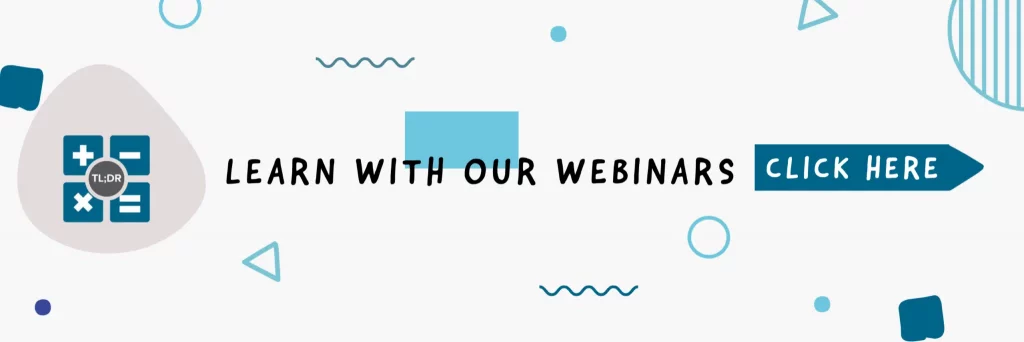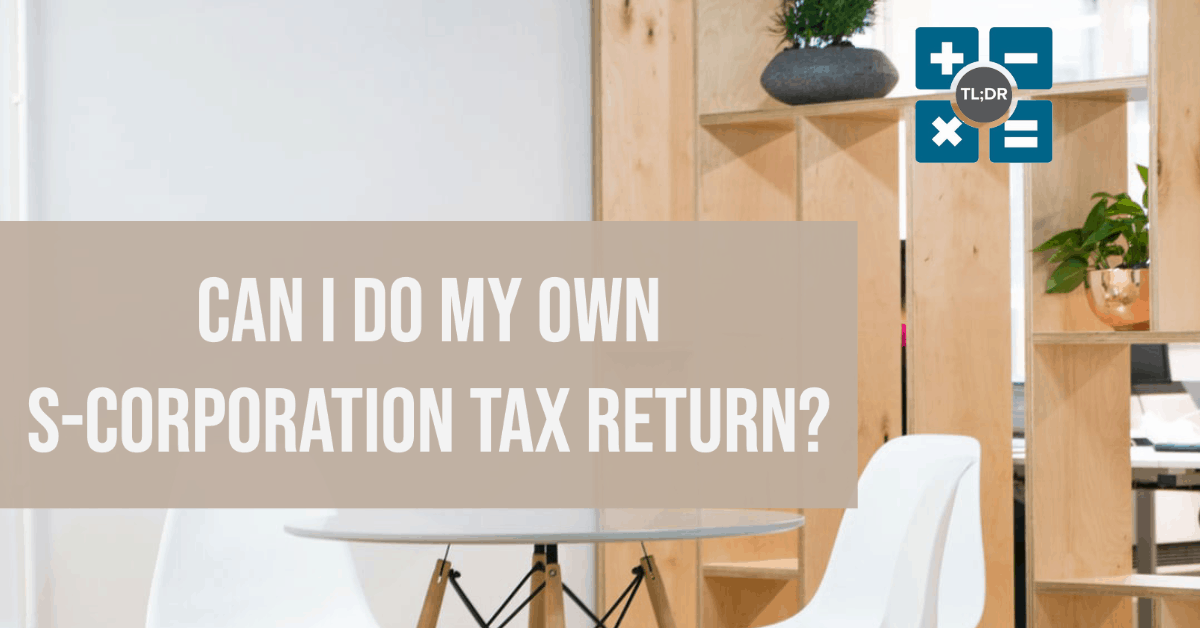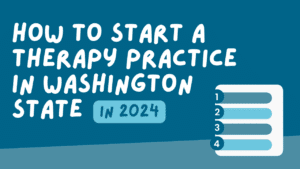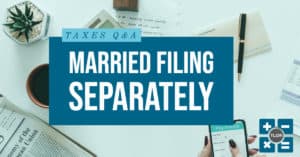You’ve set up your S-Corporation, you’ve figured out a reasonable compensation (hopefully with the help of a professional), you’ve weathered a whole year of ups and downs, and your business has lived to tell the tale.
Unfortunately, we all know that one of the rewards of a successful year of business is paying taxes on your income.
Before you became an S-Corporation, maybe you did your own Schedule C and you’re looking to continue doing your own taxes. Can you do your own S-Corporation tax return? The short answer is yes, but we don’t recommend it. Here’s why:
The 1120S is a Separate Corporate Tax Return
Make no mistake, the tax form for your S-Corporation is not a schedule that you tack onto your 1040. The 1120S form is an entirely different tax form that you file only for the entity itself. Let’s talk briefly about the different sections and what they mean:

Schedule K: Shareholder’s Basis
As opposed to a sole proprietorship (“Schedule C business”), the S-Corporation is its own entity which is legally allowed to own property. In many ways, this is a good thing. Since your S-Corporation is able to own property (and be sued), this means that your personal money and property will likely be protected if your company loses a lawsuit. This is called limited liability.
But along with the benefit of limited liability comes the responsibility of tracking equity, your interest in your business. When you contribute property to your S-Corporation or when it earns money, your Shareholder’s Basis goes up. When you take property out or your business loses money, your basis can go down to zero (but it cannot be negative). Seems simple enough so far, right?
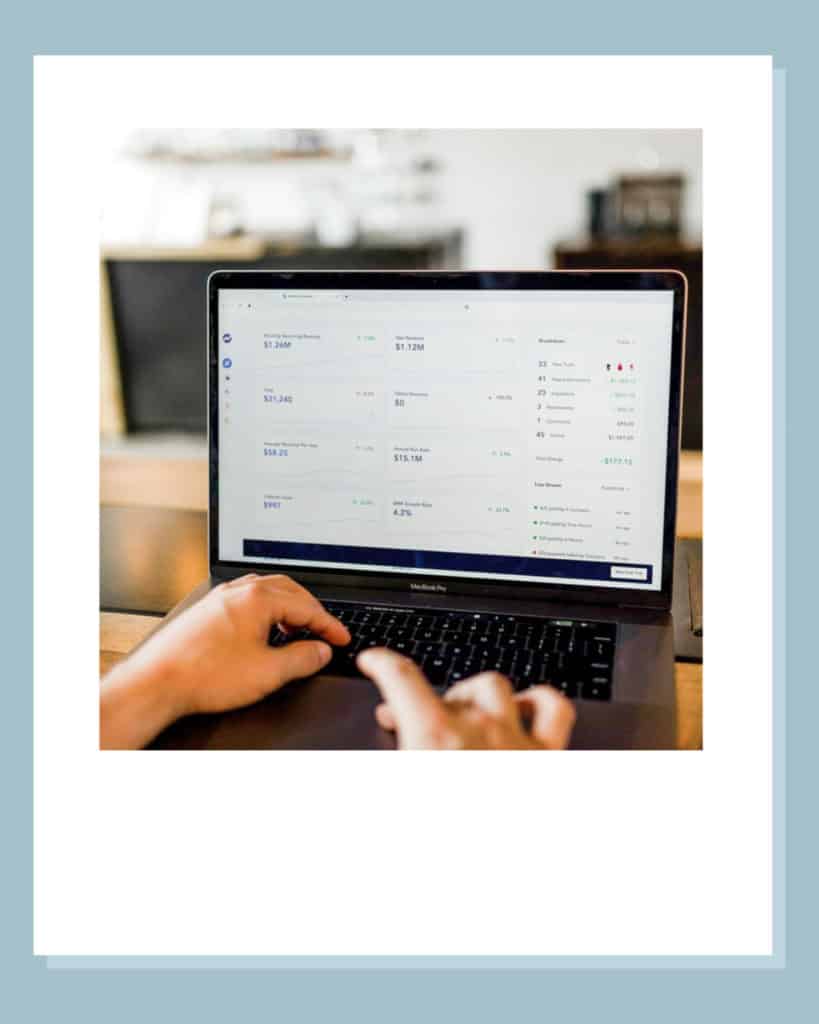
It gets more complex if you make a loan to your S-Corporation, because that introduces a debt basis which is separate and distinct from your stock basis. Beyond that, there are restrictions on whether you are able to deduct business losses on your tax return if your business is engaged in a passive activity like real estate. On top of that, there are at-risk rules related to how much you could personally lose if your business suffers a downturn. If you are unable to deduct all of your S-Corporation losses against your income for tax purposes, then you can suspend all or a portion of the loss.
Are you still with us? In short, the shareholder basis rules are one of the most complex parts of an 1120S form for many S-Corporations. There are other parts of an 1120S that lead many towards a tax professional’s office though.

Schedules L, M-1, and M-2
Schedule L is one of the less complex schedules on an 1120S form. , Your assets, liabilities, and equity as they would appear on your balance sheet are also listed on your Schedule L. Not too bad, right?
Well, after you list your balance sheet items on a Schedule L, the next step is to reconcile your book income to your tax income using Schedule M-1. This is tricky. There are expenses that your business incurs that are not deductible for tax purposes (for example, IRS late fees). Some expenses are only 50% deductible, namely Meals and Entertainment expenses. If your business earns municipal bond income, then this income is not counted for tax purposes. Finally, depreciation can be completely different for tax purposes because the IRS requires you to use the MACRS (Modified Accelerated Cost Recovery System) depreciation method for taxes .
If you’re able to navigate through your Schedule M-1, the next step is to dig into your Accumulated Adjustments Account on Schedule M-2. Accumulated Adjustments is hard to explain, and would be a good subject for a completely different article. In short, it has to do with money that your business has accumulated which has not yet been assigned to be used for any particular purpose.

Staying Current on Tax Law
Tax laws change depending on what Congress decides to pass, and staying current on tax law can be a job in and of itself.
TL;DR: Yes, you have every right to do your own S-Corporation tax return, but we really don’t recommend it. The amount of time you’d spend researching all the rules and regulations could better be spent doing what you do best and leaving the nitty-gritty to tax professionals like us!
